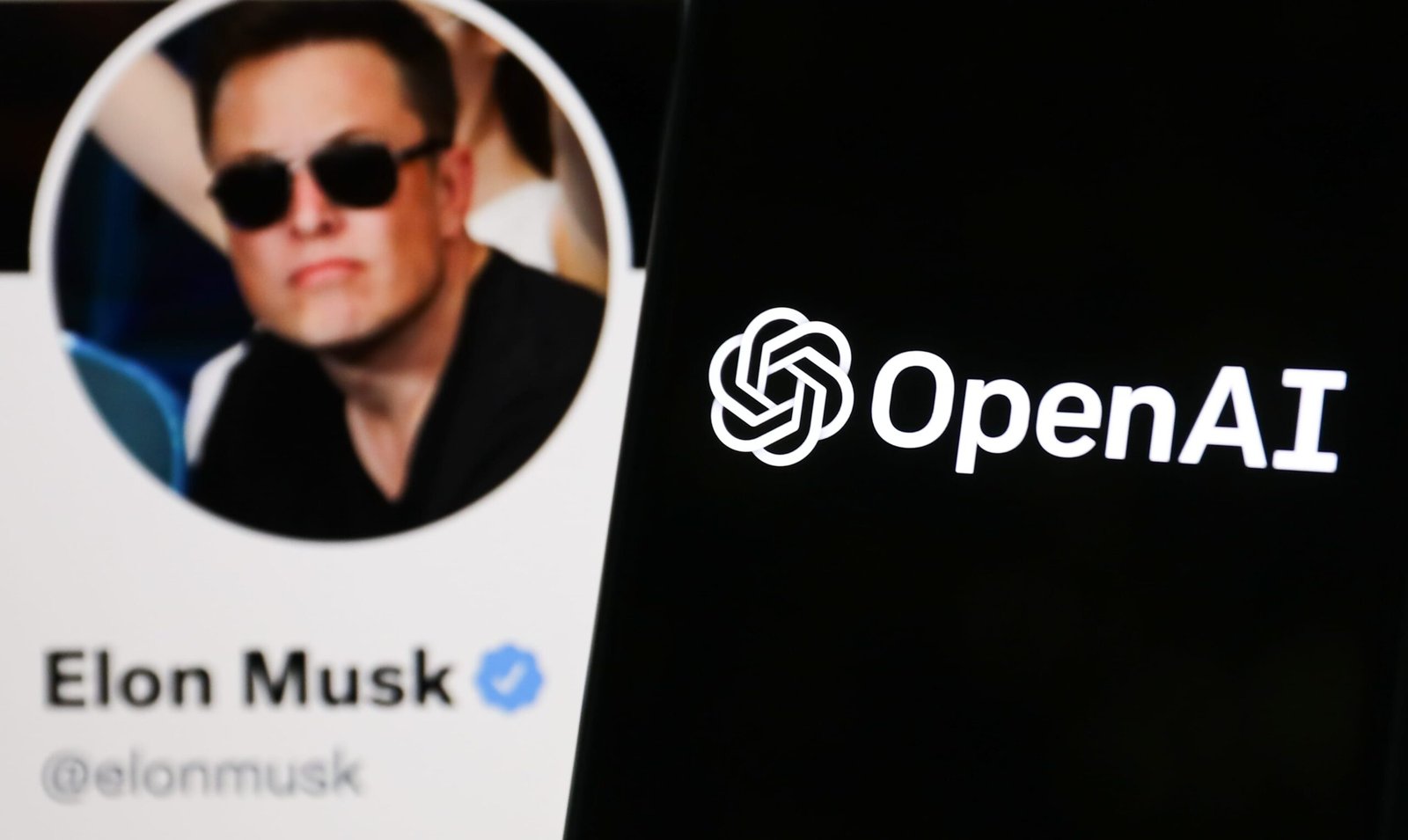In a saga captivating Silicon Valley, Wall Street, and beyond, Elon Musk’s lawsuit against OpenAI and its CEO, Sam Altman, has become the talk of the town. Beyond the drama, legal experts find themselves intrigued by the peculiar legal intricacies of the case, presenting a conundrum devoid of clear precedents. The enigma persists: what constitutes victory in a dispute seemingly fueled by Musk’s personal frustrations and philosophical disparities with a company he once nurtured?

This legal showdown, pitting one of the world’s wealthiest individuals against the forefront of AI advancement, supported by tech giant Microsoft, ventures into uncharted legal waters. Musk’s contention revolves around OpenAI’s alleged deviation from its altruistic mission towards profit-seeking endeavors, a breach of contract, and a departure from its fundamental purpose of serving humanity.
Also Read:
Musk’s legal team, led by the formidable Morgan Chu, embarks on a quest to compel OpenAI to share its technological marvels and halt its lucrative partnership with Microsoft. However, amidst the legal skirmish, a plethora of perplexing questions emerge:
Does Musk possess the legal standing to initiate such a lawsuit against a nonprofit entity? Typically, only the state attorney general holds such authority, raising eyebrows about Musk’s approach and emphasizing why his legal team framed the case as a breach of contract rather than a challenge to OpenAI’s nonprofit status.
Allegations of breaching fiduciary duties add another layer of complexity, especially considering the jurisdictional challenges between Delaware, the traditional ground for such claims, and California, where the lawsuit transpires. Musk’s contentious relationship with Delaware adds a further twist to this legal puzzle.
Also Read:
The lawsuit’s foundation rests on a nebulous agreement composed of discussions and documents, blurring the lines of a binding contract and complicating the task of delineating its terms and conditions.
Also Read:
Interpretations of OpenAI’s obligations under the alleged contract pose yet another riddle. The certificate of incorporation, a pivotal document in Musk’s argument, contains language open to broad interpretation, allowing OpenAI ample room to argue compliance.
Lastly, the suit delves into the elusive realm of defining “artificial general intelligence” (A.G.I.), urging the court to categorize OpenAI’s latest AI model as such, thereby altering its licensing agreement with Microsoft. However, the absence of legal standards for defining A.G.I. complicates this endeavor, casting uncertainty over its resolution.
Also Read:
As Musk’s legal odyssey unfolds, it not only captures headlines but also stimulates profound discussions about the evolving landscape of AI governance, the intricacies of contractual agreements, and the blurred boundaries between profit and altruism in the tech realm. In this legal drama, the verdict holds the potential to chart new territories in the intersection of law, technology, and corporate ethics.